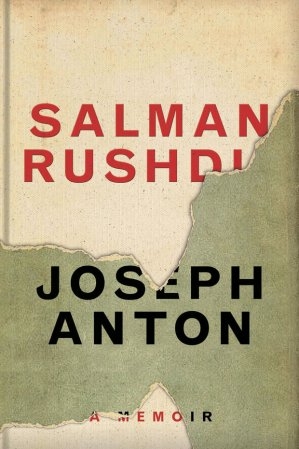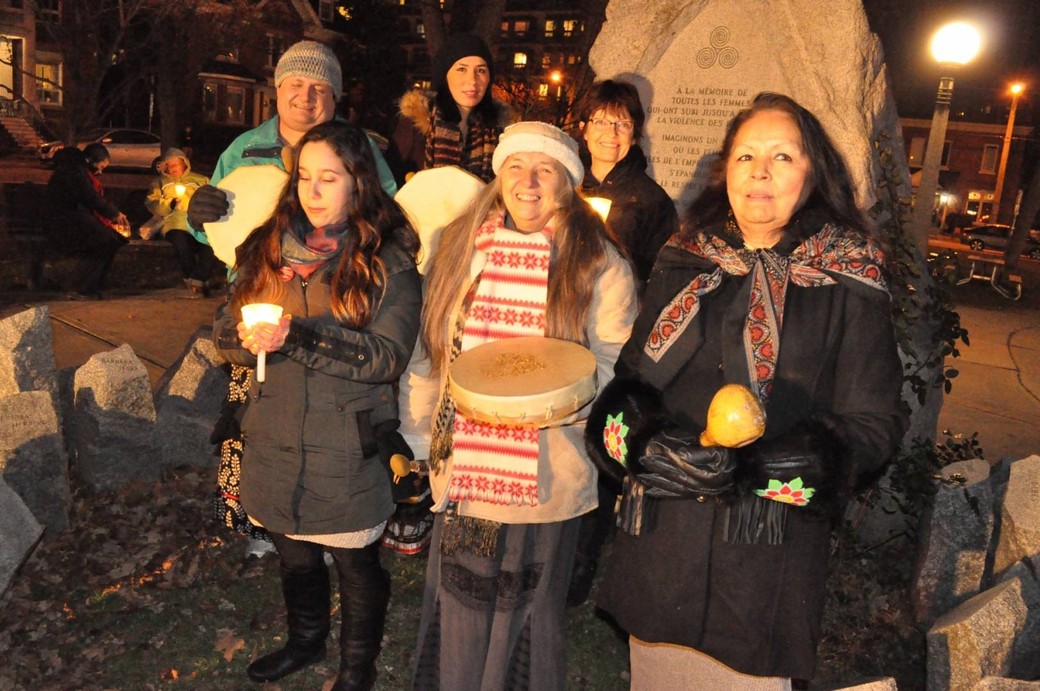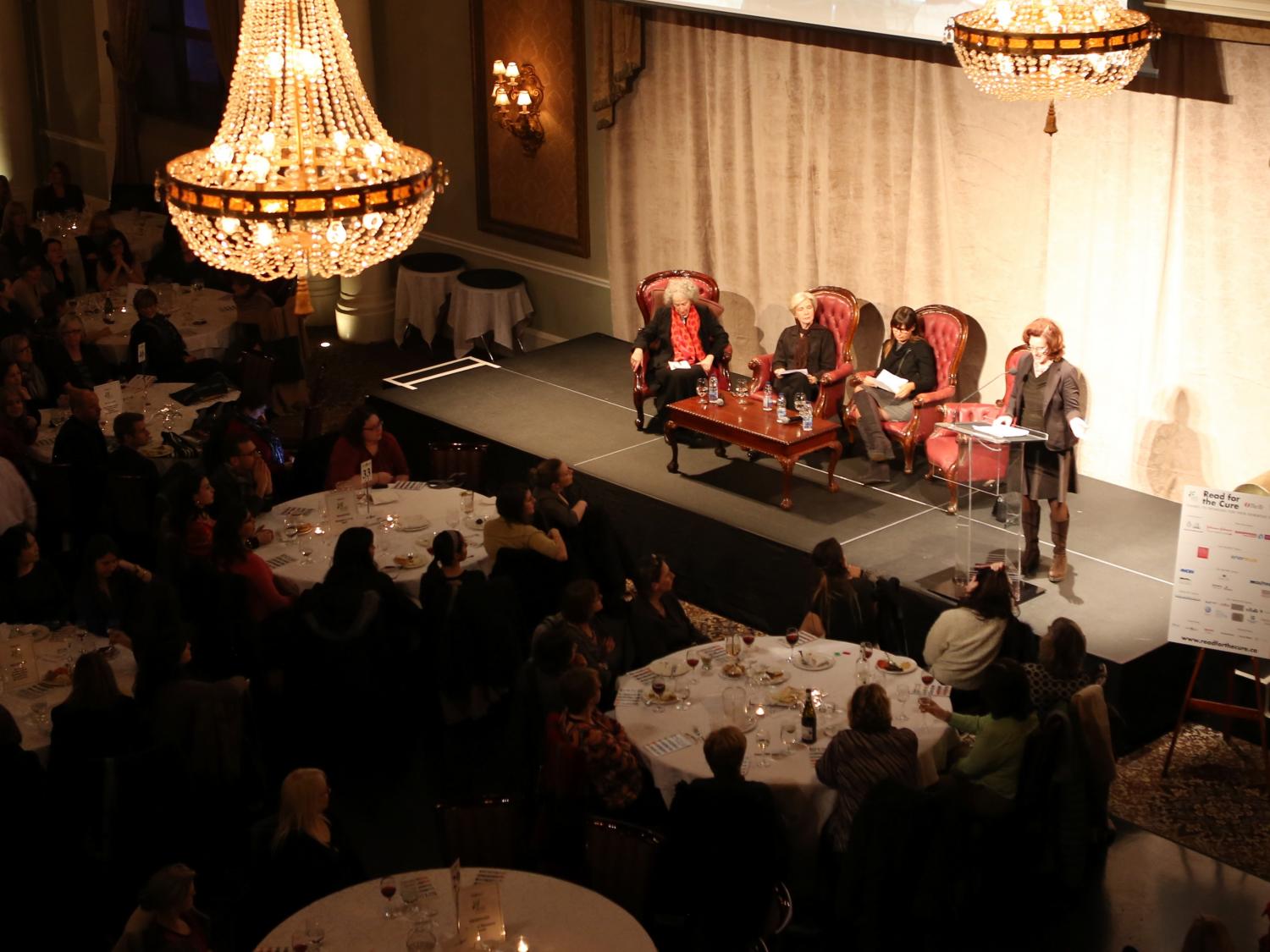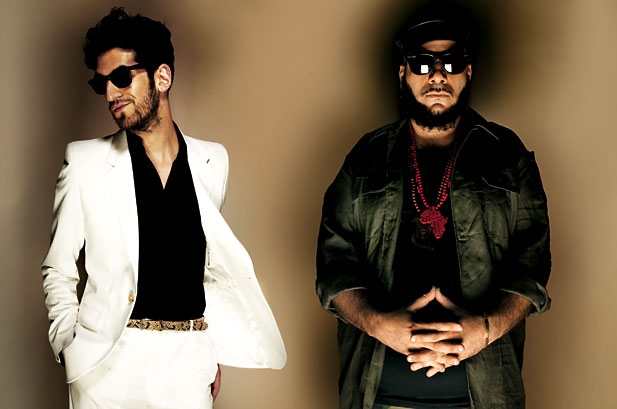
Freedom and Darkness in Salman Rushdie’s Joseph Anton
Salman Rushdie begins his brilliant new memoir Joseph Anton (Knopf Canada, 2012) by describing a phone call from a BBC journalist in February 1989 in which she asks what it’s like knowing that he’s going to be killed. Iran’s Ayatollah Khomeini, she went on to tell him, had issued a fatwa calling not only for his death but for the death of anyone knowingly associated with the publication of his novel The Satanic Verses. According to Iran’s supreme leader, the work of fiction was blasphemous. Ever since that fateful day people have speculated on the Ayatollah’s motivation. Was he as outraged as he declared by The Satanic Verses? Did he actually read the book? Or, as Rushdie himself suggests, was the fatwa likely a cynical ploy on the part of Iran’s leadership to divert attention away from the country’s faltering revolution? Whatever the reason for it, the threat the fatwa posed was very real. Many Muslims the world over were prepared to mete out the punishment of death they felt Rushdie had coming to him. One of the most obnoxious characters in Rushdie’s memoir is a high profile British Muslim leader who took every opportunity to publicly declare that the author must die. (When we learn late in the book that he died of a heart attack it was impossible to feel any sympathy for the man.) Rushdie obviously lived to share his tale, but many others did not. Some guilty of nothing more than working at a book store in which the book was sold were killed. Others survived attempts on their life but suffered grievous physical harm. Rushdie tells of how a Danish publisher of The Satanic Verses emerged from his house one morning to discover a tire on his vehicle had been slashed. As he approached to investigate he was shot three times. He survived, much to the dismay of all those who believed he should die by virtue of his association with Rushdie. Although the fatwa was recently lifted, it remains a most shameful episode for which those responsible must answer.
So what was all the fuss about? What did Rushdie write that could possibly upset Iran’s Ayatollah Khomeini and the country’s mullahs and Muslims the world over so much that they believed that his death was the only appropriate response? One of Joseph Anton’s many highlights comes early when he reveals The Satanic Verses are part of Islamic lore. Rushdie traces them back to the religion’s early days. Islam’s initial appeal was shared among the most underprivileged in rapidly urbanizing environments. These early adherents were persecuted by Mecca’s elites. Around this time the prophet Muhammad was apparently visited by an imposter of Gabriel and asked about three goddesses that were important revenue sources to the city of Mecca. They wouldn’t have the status of Allah, but could they be worshipped nonetheless? Muhammad was tempted. The words spoken became sura 53 in the Quran. At some point in the not too distant future the real Gabriel informed Muhammad that the verse in question was not real and thus ‘satanic.’ It would have to be replaced by the godly verse.
The episode, Rushdie goes on to suggest, raised a thorny question: why was Muhammad tempted to elevate the status of the goddesses? Rushdie proposes that he might have been prepared to enter a bargain of sorts. Mecca’s elites were prepared to end their persecution of Islam’s followers if the goddesses so important to the city’s financial well being could be incorporated into the new religion. Muhammad, he adds, might have been tempted if it meant endearing himself to Mecca’s elites. In the end, Muhammad didn’t succumb to the temptation.
How does imagining and writing about such a proposition constitute ‘blasphemy’ or a grave insult to Islam? It’s hard to know. As Rushdie says, if he knew he’d be sentenced to death for writing The Satanic Verses, he would have really criticized Islam.
But sentenced to death he was and thus forced to exercise every precaution to keep his assassins at bay. Rushdie details how every aspect of his life suffered as a consequence of the fatwa. He assumes an alias – Joseph Anton, a hybrid derived from two of his favourite authors, Joseph Conrad and Anton Checkov – to conceal his identity. He was forced to live a life both on the run and in perpetual hiding. For years living in Britain he couldn’t so much as go to a corner store without planning it with the team forced to protect him. Airlines refused to allow him to fly on their planes. Publishers refused to publish the paperback version of The Verses. India, his native country, banished him. Indeed, he discovers first-hand what it’s like to have your freedom ruthlessly stripped away. If there can be said to be one benefit to his ordeal, it’s that he draws on it to write often beautifully and poignantly about the theme of exile.

Rushdie’s emphasis, however, is on his relationships with those closest to him. Relationships sometimes buckled under the strain of constant threat to not only his life, but his family’s as well. His depictions of the women he loved and married are often generous and sympathetic, but were also often characterized by bitterness and acrimony. The effect on the reader is curious. On the one hand, you appreciate the author’s vulnerability. The reader senses his desire to be loved. On the other hand, although he does not spare himself from criticism, one still wonders if his version of tumultuous events with the women in his life are one sided. Was he as magnanimous as he sometimes portrays himself? It’s hard to know, especially given that for a time he was publicly vilified as volatile and egotistical and with a fondness for younger and strikingly beautiful women. He admits to leaving his third wife and mother to his younger son for Padma Lakshmi, a woman 23 years his junior who gained notoriety when she posed for Playboy magazine. He acknowledges it wasn’t his finest hour. Nevertheless, after reading the memoir, that sort of characterization seems more than a little unfair. Rushdie demonstrates too much insight into the world, too much sensitivity for the suffering of others and too much love for his two sons to be as selfish as he was sometimes made out to be.
There are stretches of the book when it is sometimes difficult to discern its arc. One feels anecdotes described in chapters 5 and 6 are too often the same in tone and substance as those in chapters 1 and 2. For this reason, the reader may have to contend with occasional bouts of tedium. But he is rewarded for his patience. The slow transformation to Rushdie’s character and life are eventually manifest. He writes movingly about his readiness to succumb to the relentless pressure to admit his folly and his sin. Repent, he was told more than once, and perhaps the Iranian authorities will lift the death sentence. Tell them you were wrong to write what you did about the prophet Mohammad. His desire to live freely and his declared need to be loved conspired to make him to do just that. Yet even after he made such a gesture the fatwa wasn’t lifted. Muslims everywhere insisted he still had to die. From that moment forward he writes of his growing defiance against the tyrants who would kill him for using his imagination to creatively engage with Islam. He uses his considerable prowess with the written word to expose their hypocrisy, their extraordinary capacity for cruelty and the danger such fanaticism poses to freedom.
Indeed the book soars when he writes less about himself and more about the ideas and principles at stake throughout the entire ordeal. “How does newness enter the world?” he asks early in The Satanic Verses. Literature at its best is meant to explore this question and, in so doing, stretch and challengethe reader’s experience of the world. History is littered with examples of writers facing the wrath of holy institutions who oppose this sort of impulse. The same tension between newness and authority is often at stake in the world of science. Rushdie alludes to Darwin’s radical thesis of evolution and how the Church derisively characterized him as a menace to society. As for Islam, Rushdie is hardly the only person to suffer at the hands of its most conservative adherents. Challenging the faith can indeed pose grave risks. Rushdie refers to the brutal murder of Theo Van Gogh, the Dutch filmmaker who dared to depict Muhammad. If he were writing the memoir now, he would undoubtedly lament the Taliban’s attempt to murder Malala Yousafzai, the young Pakistani girl who so publicly, courageously and eloquently declared her and every other young girl’s right to an education. She was shot in the head by a Taliban sniper for promoting ‘secular’ values. Mercifully, she survived. But the response to this latest outrage has been ineffectual and tepid. As Rushdie warns, we’re losing the nerve and the basis on which to criticize the ideas that fuel this sort of monstrous violence.










